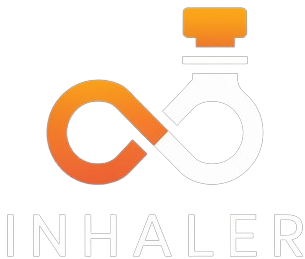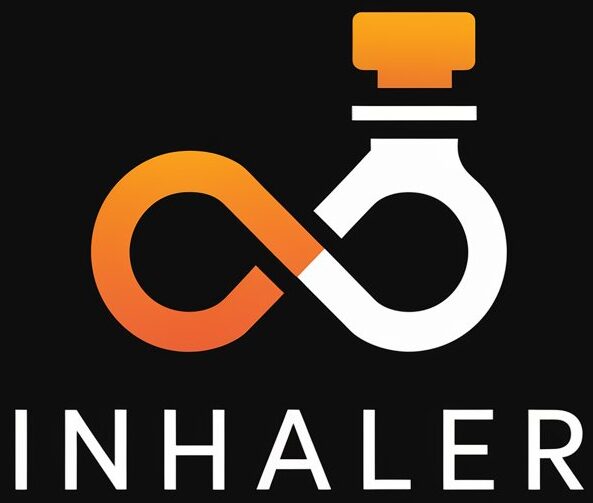When emergencies arise, time is of the essence. In these critical moments, rescue medication can be the difference between life and death. The significance of these medications is undeniable, and understanding this importance can lead to better preparedness in crisis situations. This article aims to shed light on the crucial role played by rescue medications in emergency treatment.
What are Rescue Medications?
Rescue medications, often referred to as “emergency” or “breakthrough” medications, are drugs utilized when immediate relief from a severe, potentially life-threatening condition is required. These medications are designed to alleviate severe symptoms rapidly or counteract the progression of a critical medical situation. They are typically used in conditions such as asthma, severe allergic reactions, epilepsy, and certain cardiac conditions.
The Role of Rescue Medications in Emergency Care
In an emergency, every second counts. Conditions that might require rescue medications can escalate quickly, leaving little time to act. Rescue medications come in to provide immediate relief and buy time until further medical attention can be sought. They serve as a first line of defense, staving off further complications, and potentially reducing the need for hospitalization.
The application of rescue medication varies greatly, from use in pre-hospital settings by paramedics to at-home use by patients who are aware of their chronic conditions. Primarily, rescue medications work by rapidly stabilizing the patient’s condition, hence their crucial role in emergency care.
Effectiveness and Safety of Rescue Medications
Rescue medications are created to act quickly, hence their effectiveness in emergency scenarios. They’ve been designed to provide rapid relief from severe symptoms and are usually delivered in ways that facilitate immediate action, for instance, through inhalation or injection.
While these medications are highly effective, they must be used appropriately to ensure safety. Misuse can lead to potential risks and complicate an already delicate situation. To this end, proper education and training on the use of rescue medications are crucial, particularly for those who may need to self-administer these drugs or for those caring for someone with a chronic illness.
Importance of Rescue Medications
Understanding the value of rescue medication contributes to improved readiness during emergencies. The significance of these medications lies in their potential to save lives during extreme medical crises. The critical moments that these medications buy for the patient could be the difference between life and death. Further, they assist in maintaining the patient’s condition as help is sought, preventing further deterioration.
Conclusion
Emergencies necessitate immediate action, and rescue medications perform a significant role in these situations. They provide rapid relief for severe symptoms and slow down the progression of life-threatening conditions. Making sure to use these medications correctly is of equal importance. The critical role of rescue medication is a testament to the seismic shift they bring in emergency medical care. The value of these medications in saving lives is incontestable, underpinning their fundamental contributions to modern medicine.
Frequently Asked Questions
1. What are some examples of rescue medications?
Rescue medications differ depending on the condition but may include Epinephrine for severe allergic reactions, Nitroglycerin for chest pain, and bronchodilators for an asthma attack.
2. Does every person need a rescue medication?
Not everyone needs a rescue medication. They are typically prescribed for people with specific chronic conditions like severe allergies, asthma, heart diseases, and certain neurological disorders.
3. Are rescue medications safe to use with other medicines?
Mostly yes, but it is important to discuss your complete medication list with your healthcare provider to avoid possible drug interactions.
4. Can rescue medications be used for non-emergency situations?
Rescue medications are not intended for non-emergency or regular use. They are specifically designed for treating severe conditions. Misuse can lead to unwanted side effects.
5. Is training required to administer rescue medication?
Yes. Training is essential for the safe and effective use of rescue medications, especially for conditions like epilepsy where the medication might be administered by a non-health professional.

